Vines and let vine - organic wine in Mallorca
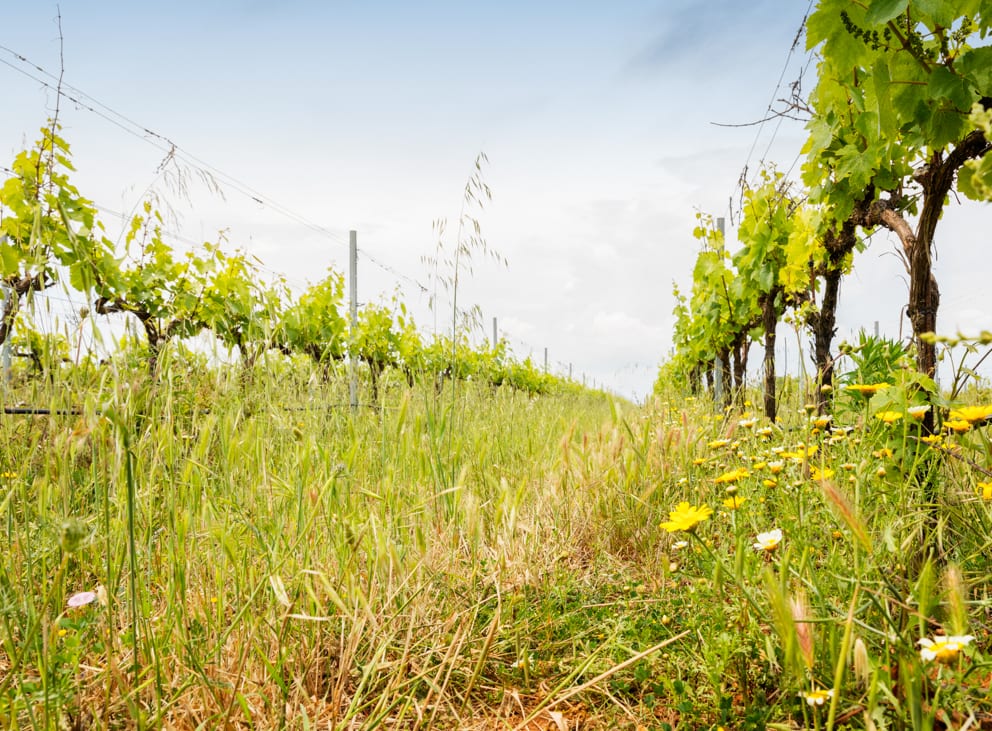
What is the point of all this fuss about native varieties and authentic wine if all winegrowers first plough up the soil to destroy existing life and then fertilize it with the same products from the relevant corporations? And if the same chemicals are used all over the world,
to keep any competing life away from the vines? To make a truly authentic wine, Miquel Manresa is quite sure, you have to approach things differently. "The earth," he says and pauses, "the earth must always have the last word," he adds. The sun makes him squint a little,
and it looks as if the 52-year-old Mallorcan is looking at the person he is talking to scrutinizingly. You can tell he has said this sentence many times before. And you can also sense that each time he says it, he hopes that some of this difficult-to-understand message will get through to the other person. The message that he himself has been struggling with for years.
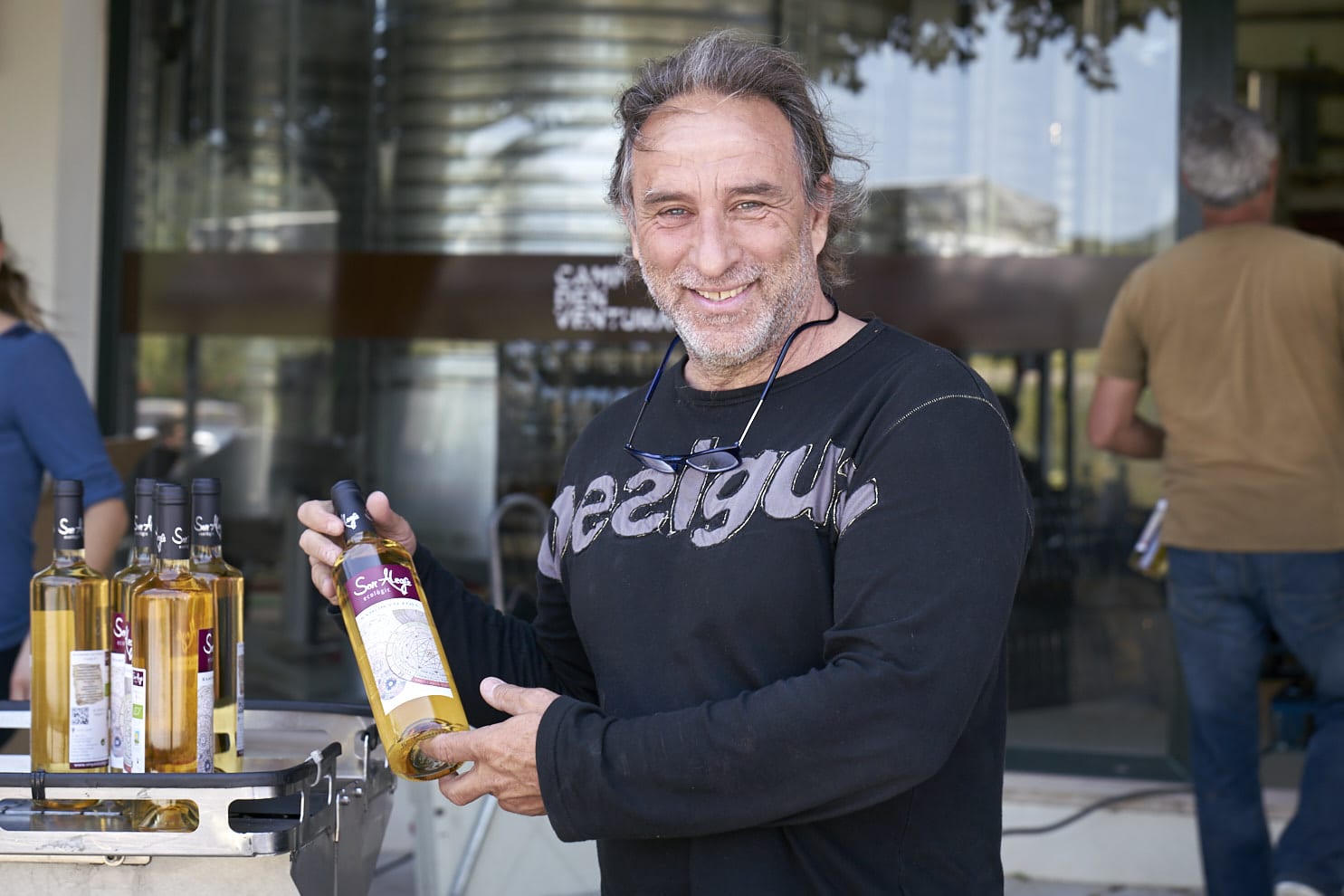
The earth must always have the last word
Manresa wants to disturb the earth - the soil, nature - as little as possible. And that's how it looks in the vineyard too.
There is no digging, the grasses sprout, the insects buzz, even birds nest between the vines. "I want to give something back to the nature of this island," says the organic winegrower, as if he had to work off some burdensome karma from the past. The bodega's start-up capital came from a tobacco store and a supermarket that the family owned in Cala d'Or - in the "Bay of Gold". The tourism gold rush was not good for everyone.
"Alcohol caused a lot of damage in the village," recalls Manresa.
His father, who had previously led a life as a farmer, died young. Manresa used the money from the tobacco store to buy a piece of fallow land on which a German investor had failed with a large construction project.
That was the birth of the "Son Alegre" bodega - loosely translated as "place of cheerfulness". "If I had a lot of money, this would be a non-governmental organization," says the man, who also likes to employ people from the village in his business who are looking for a second chance in life.
The man pulls up the sleeves of his plain black T-shirt, uncorks a Calonge 1715 and pours generously for the guests, rather modestly for himself. A visitor asks him whether the naturalness of the soil is really noticeable in the taste of the wine. Manresa thinks about it, as if he has never asked himself the question. Or as if he knows the answer, but has to think about how to formulate it in the most comprehensible way:
"The soil here has not been plowed for eight years, and that is not enough." The earth still needs many years to overcome the trauma of the past. Before the vineyard, cows grazed here. Extensive irrigation was used to produce enough greenery. The groundwater level sank and the water became increasingly salty. "I irrigate as little as possible, just enough for the vines to survive the hot summer. The groundwater has to recover."
Nature regenerates itself
"The ground here hasn't been plowed for eight years, and that's not enough."
Text: Tom Gebhardt
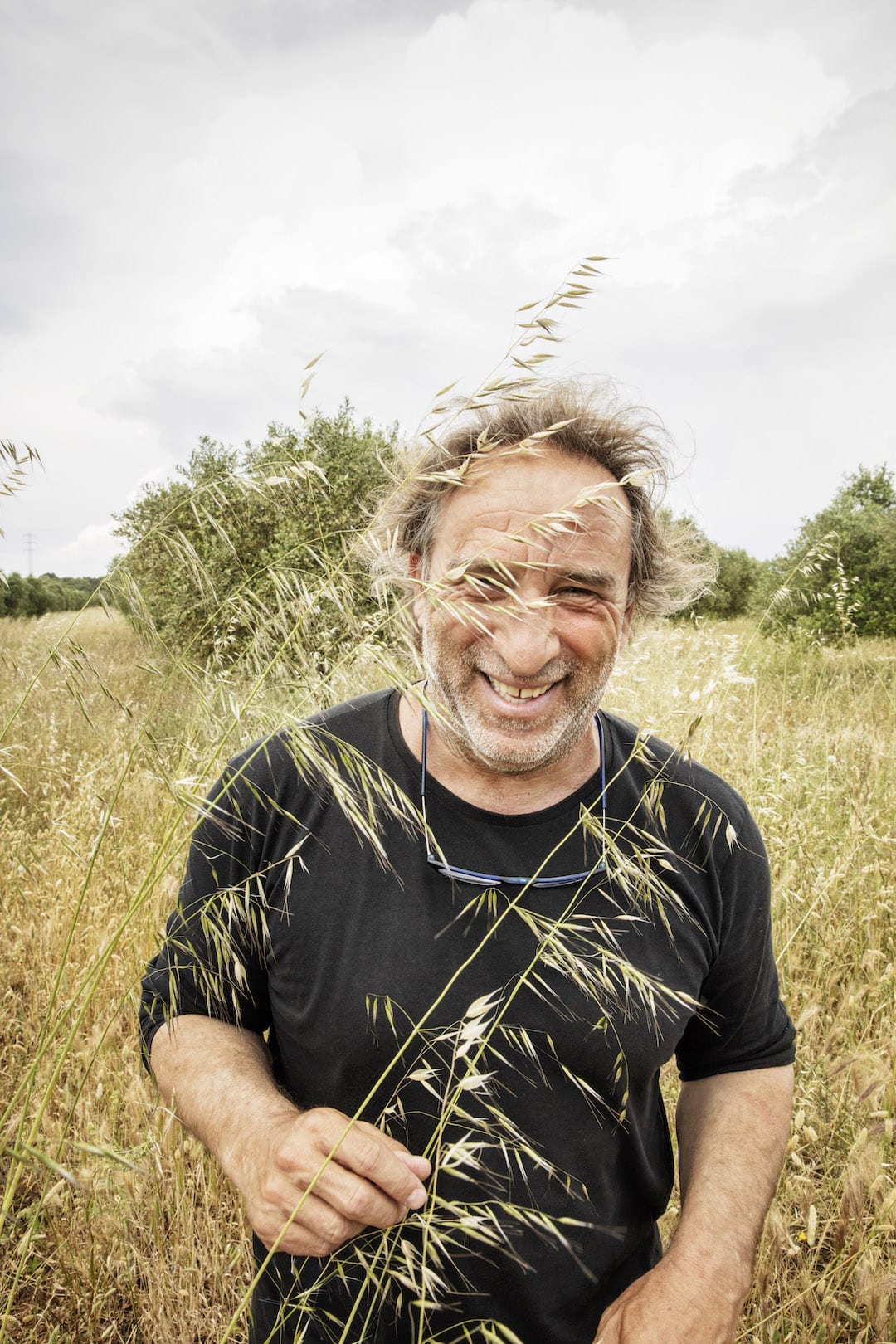
What do you think to the article: Vine and let vine - organic wine on Mallorca?
We cordially invite you to share your thoughts, impressions and own experiences in the comments section.
Have you found your own memories in Mallorca's news and stories, met fascinating characters or have experiences of your own that you would like to share with us?
Share your impressions, arouse curiosity or express your enthusiasm - every exchange here is an enrichment of our shared passion for this magical island.
Rental car book for your next vacation
Just one click and you have a wide selection of our selected and recommended rental car partners available.
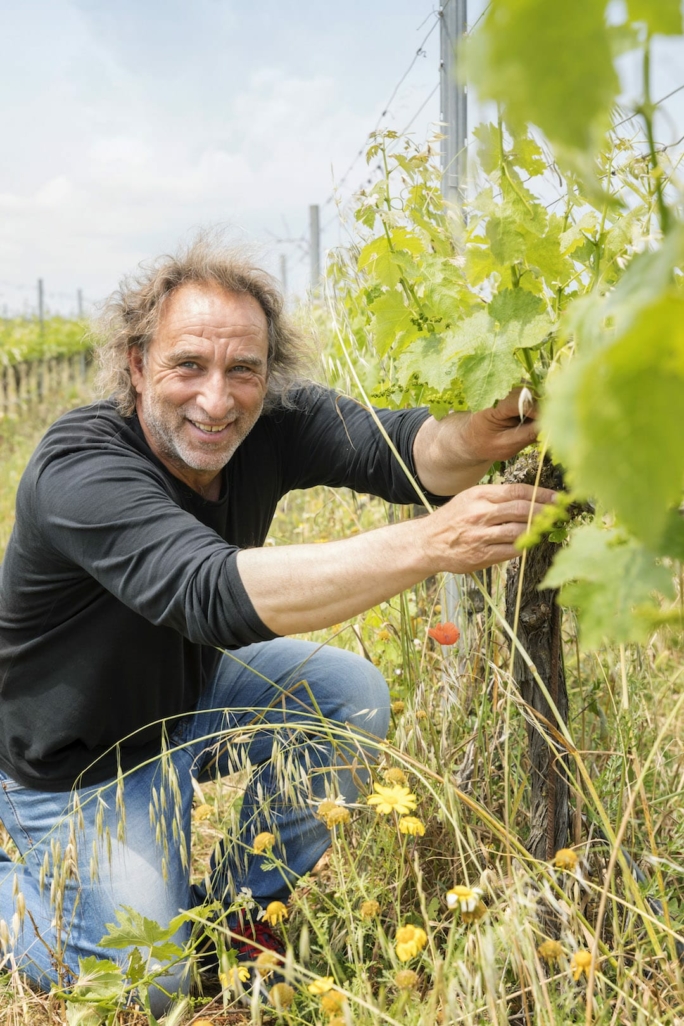
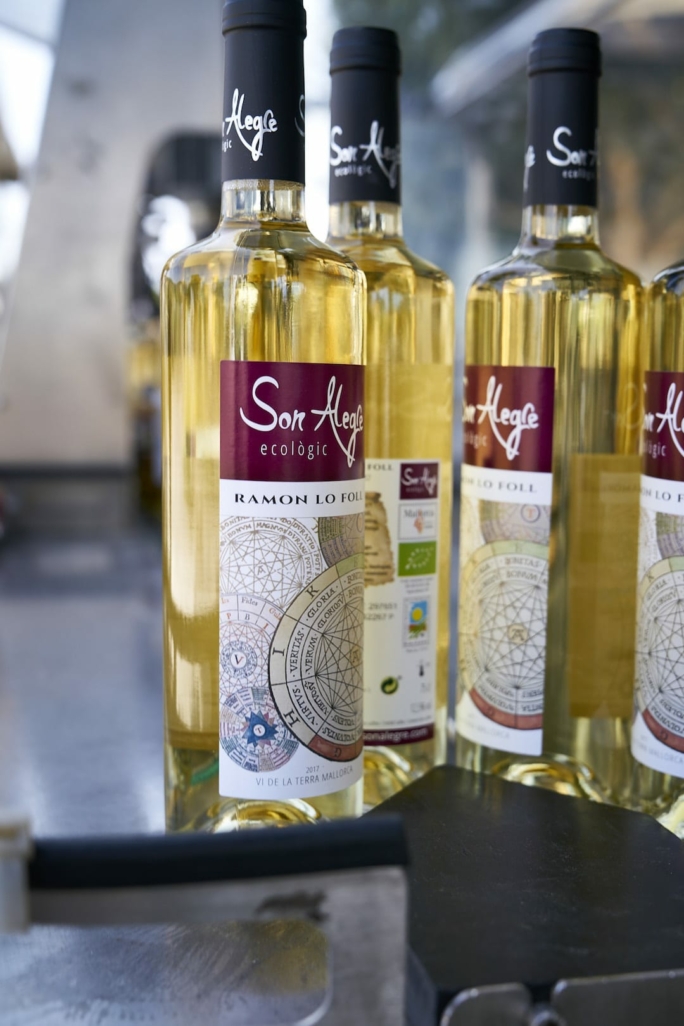
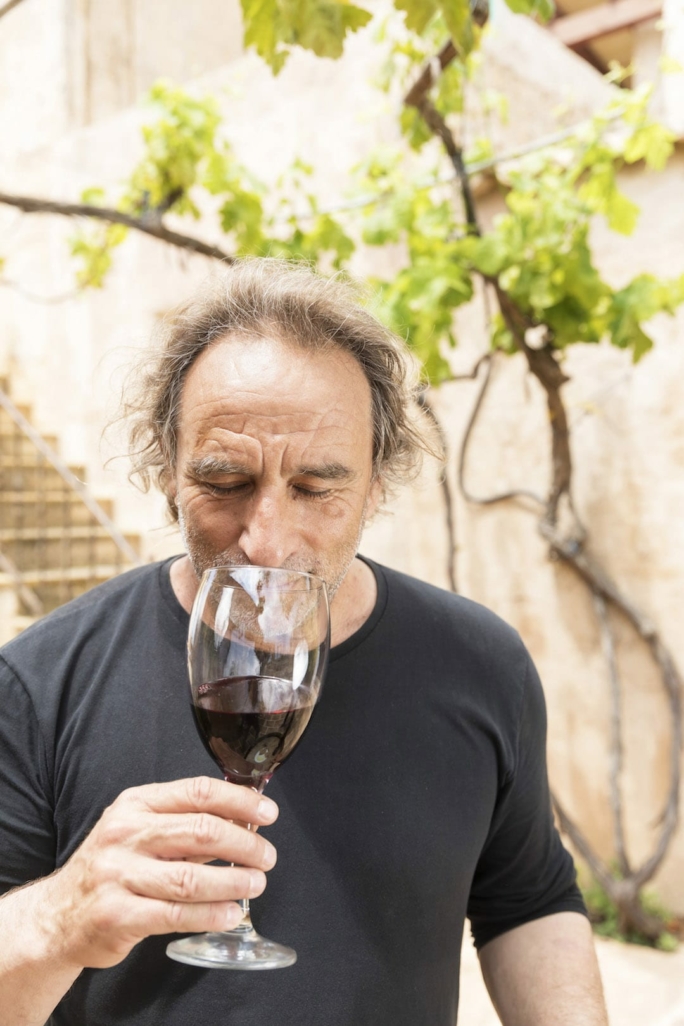
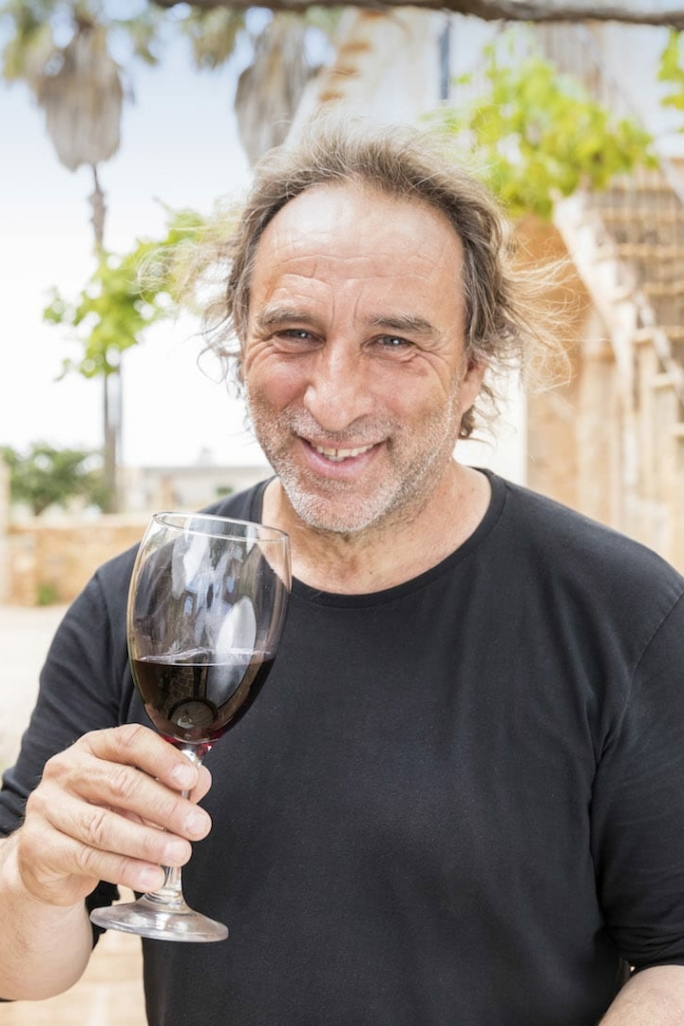
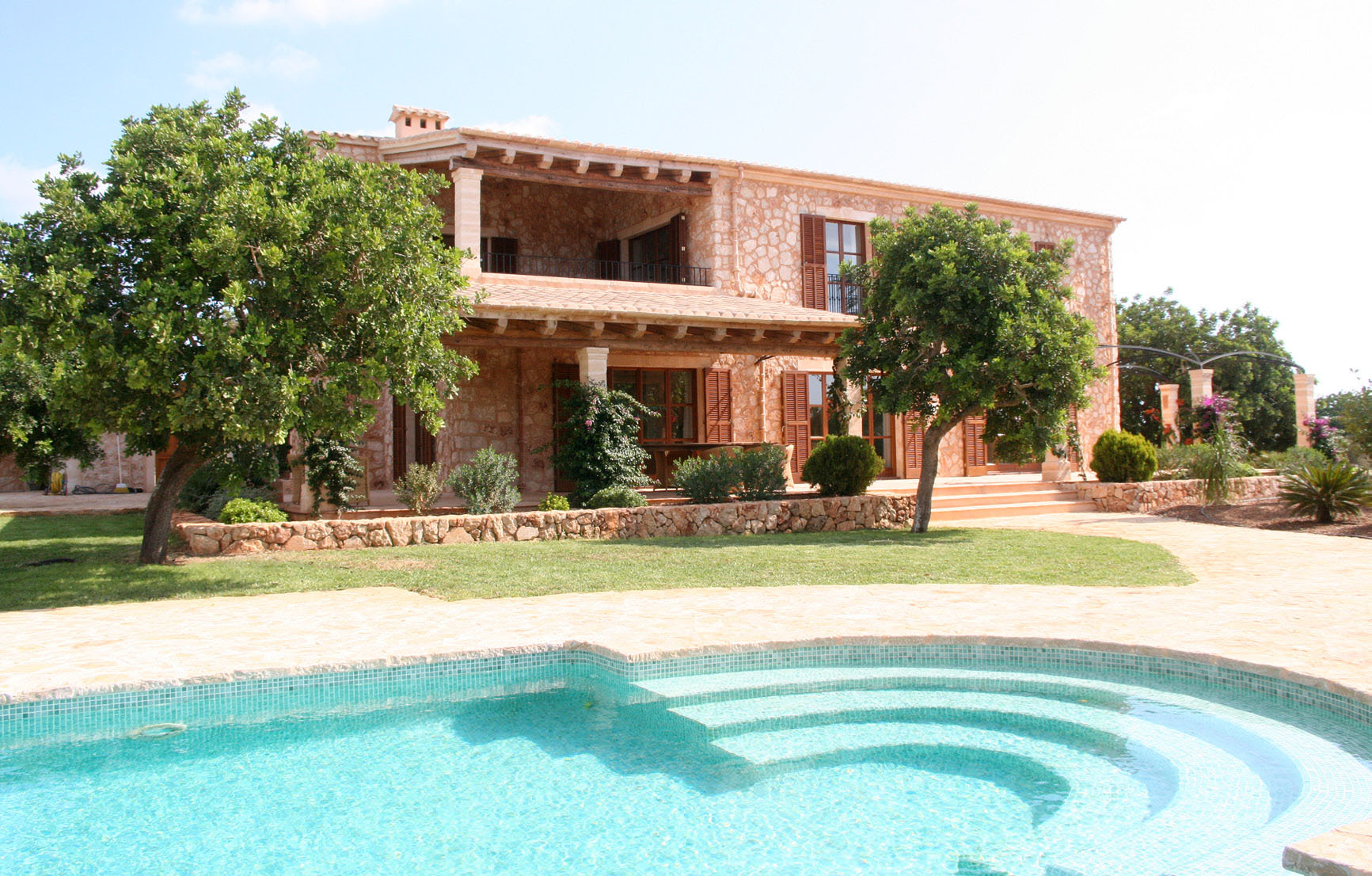
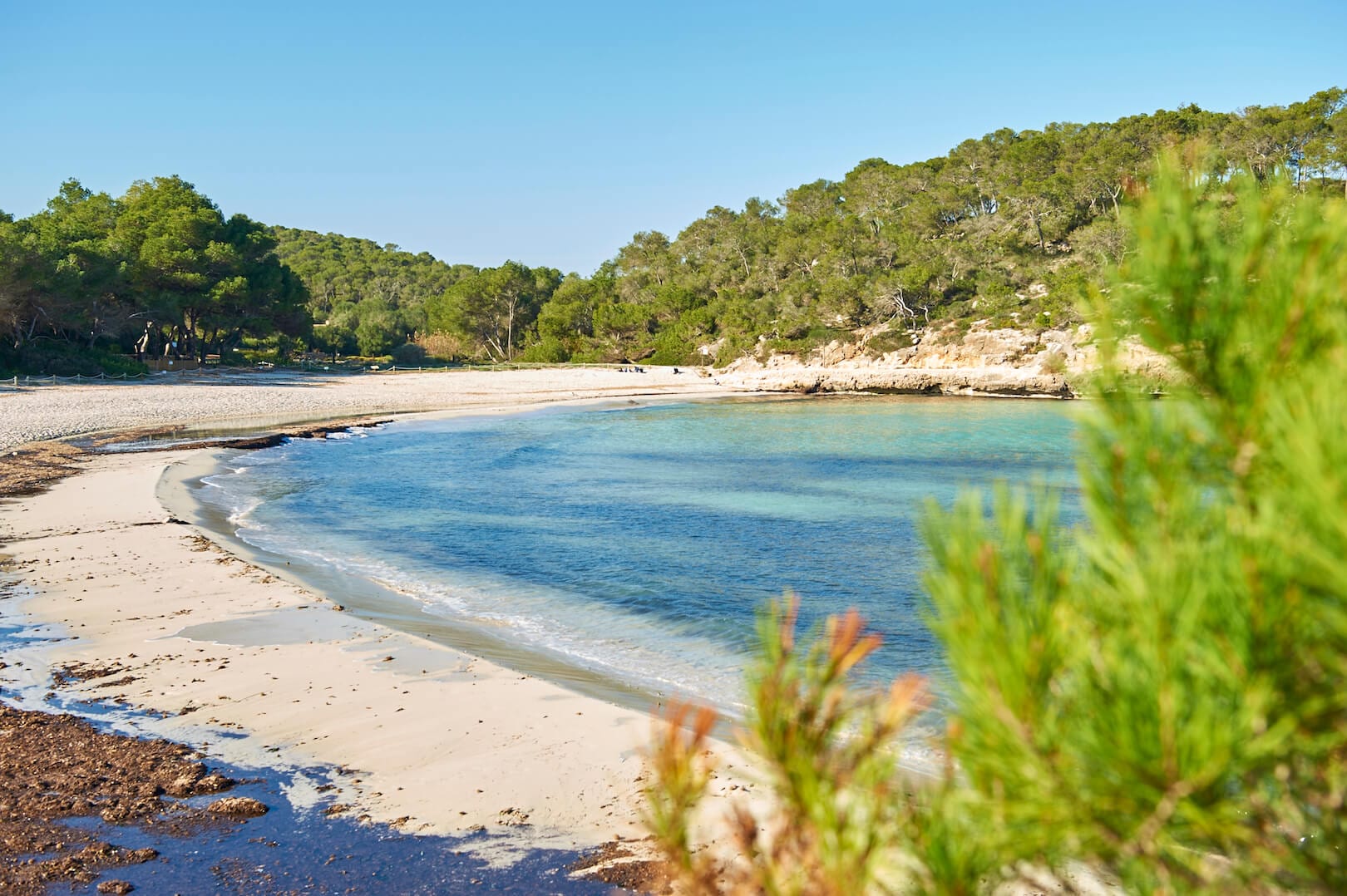
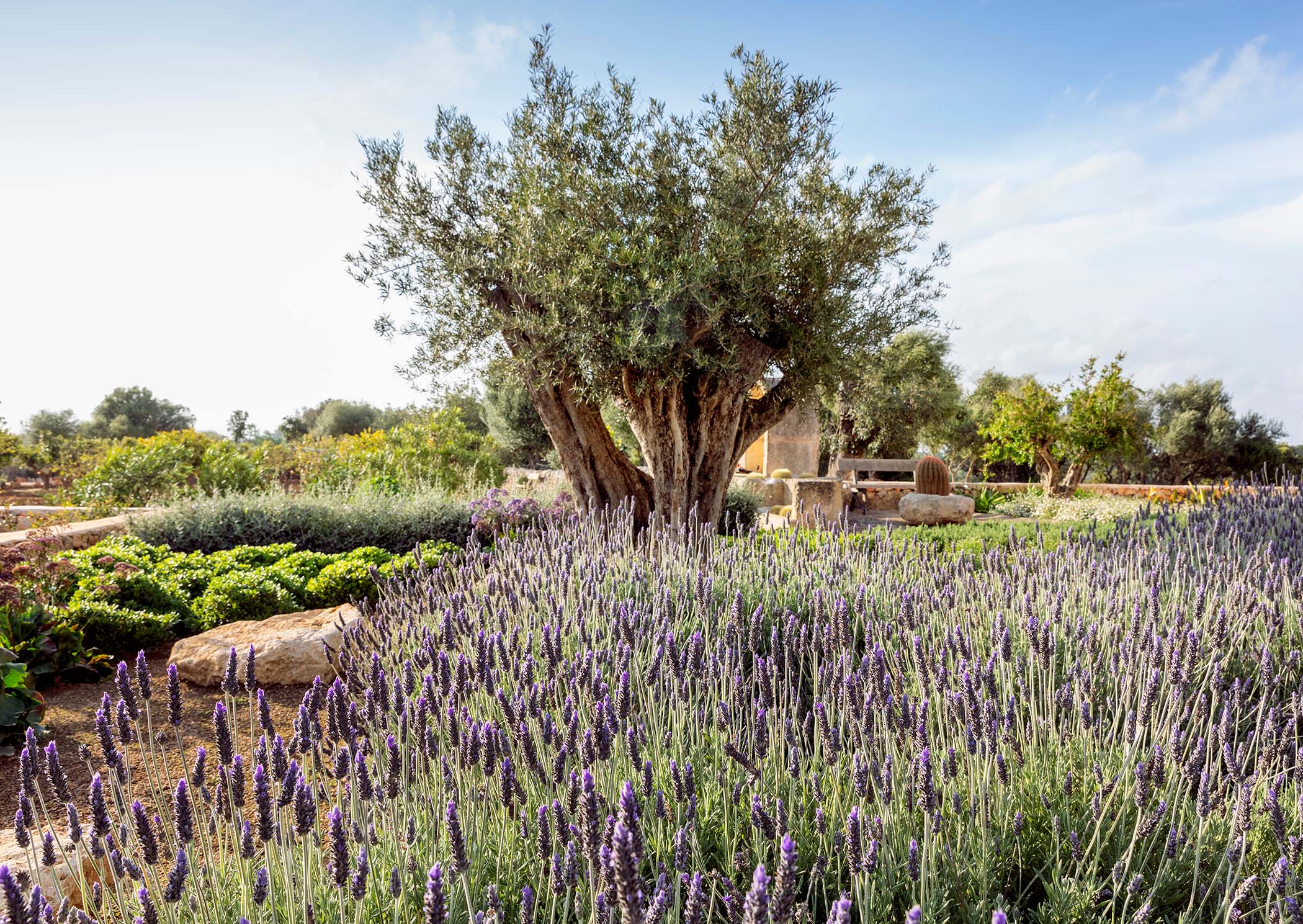
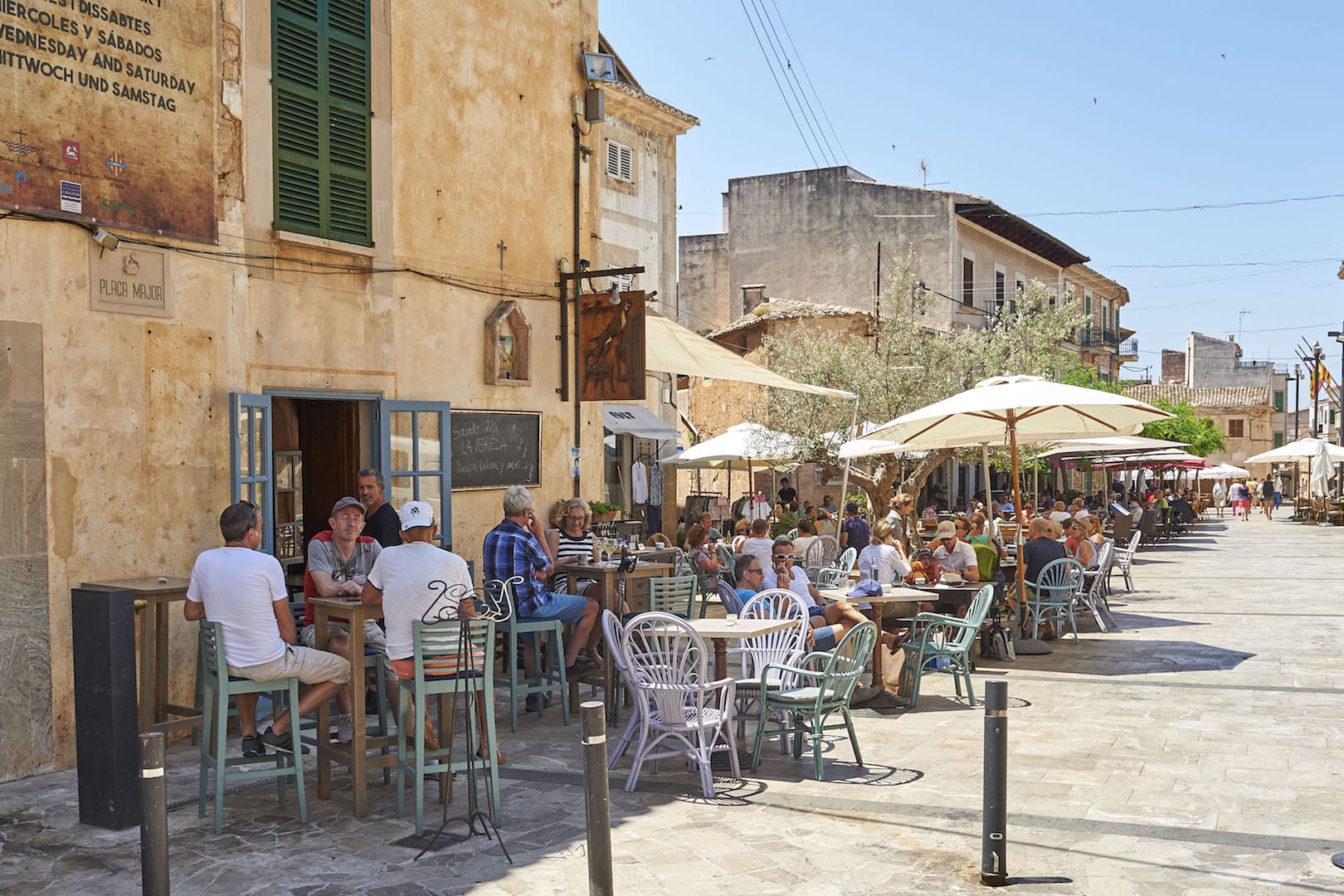
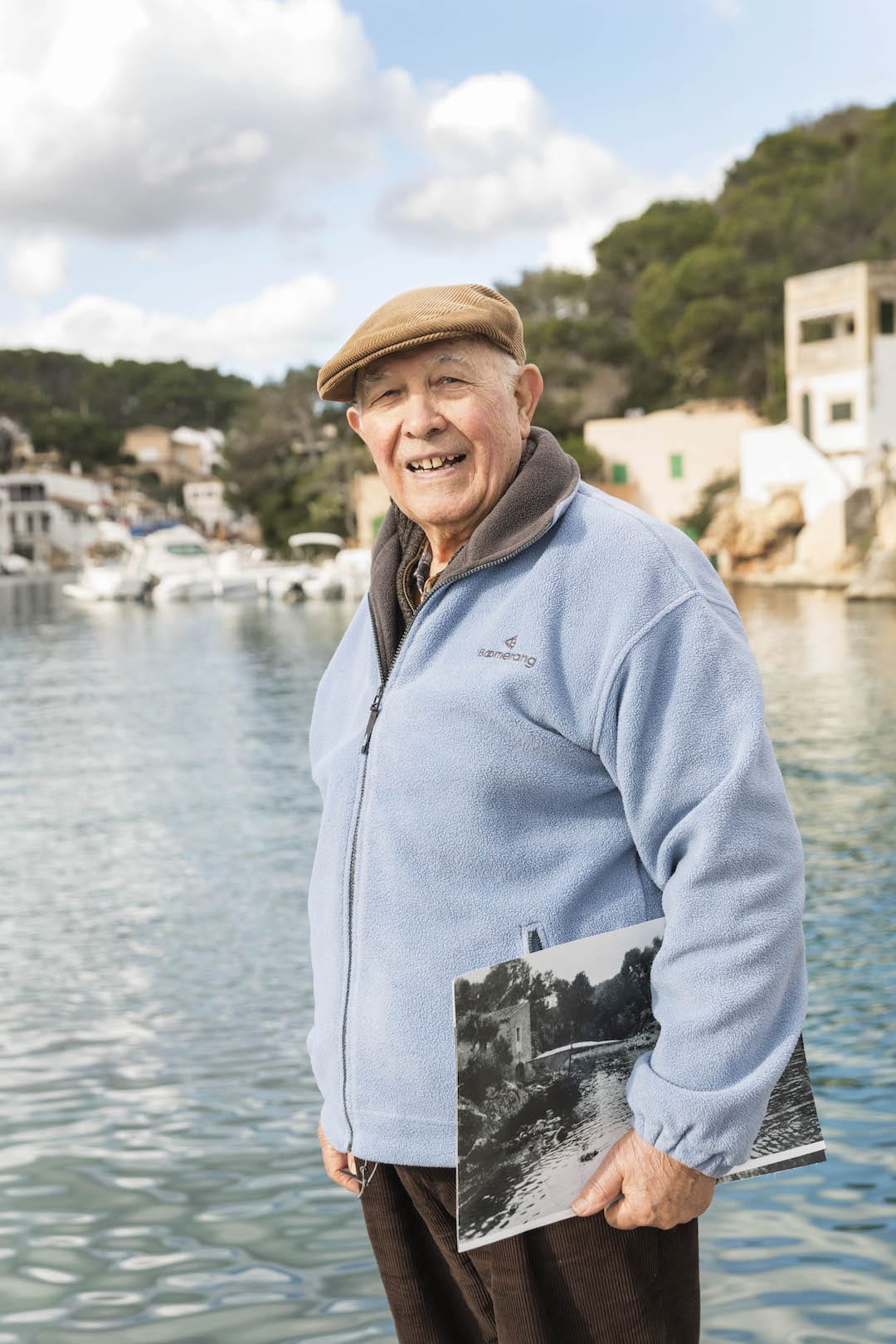
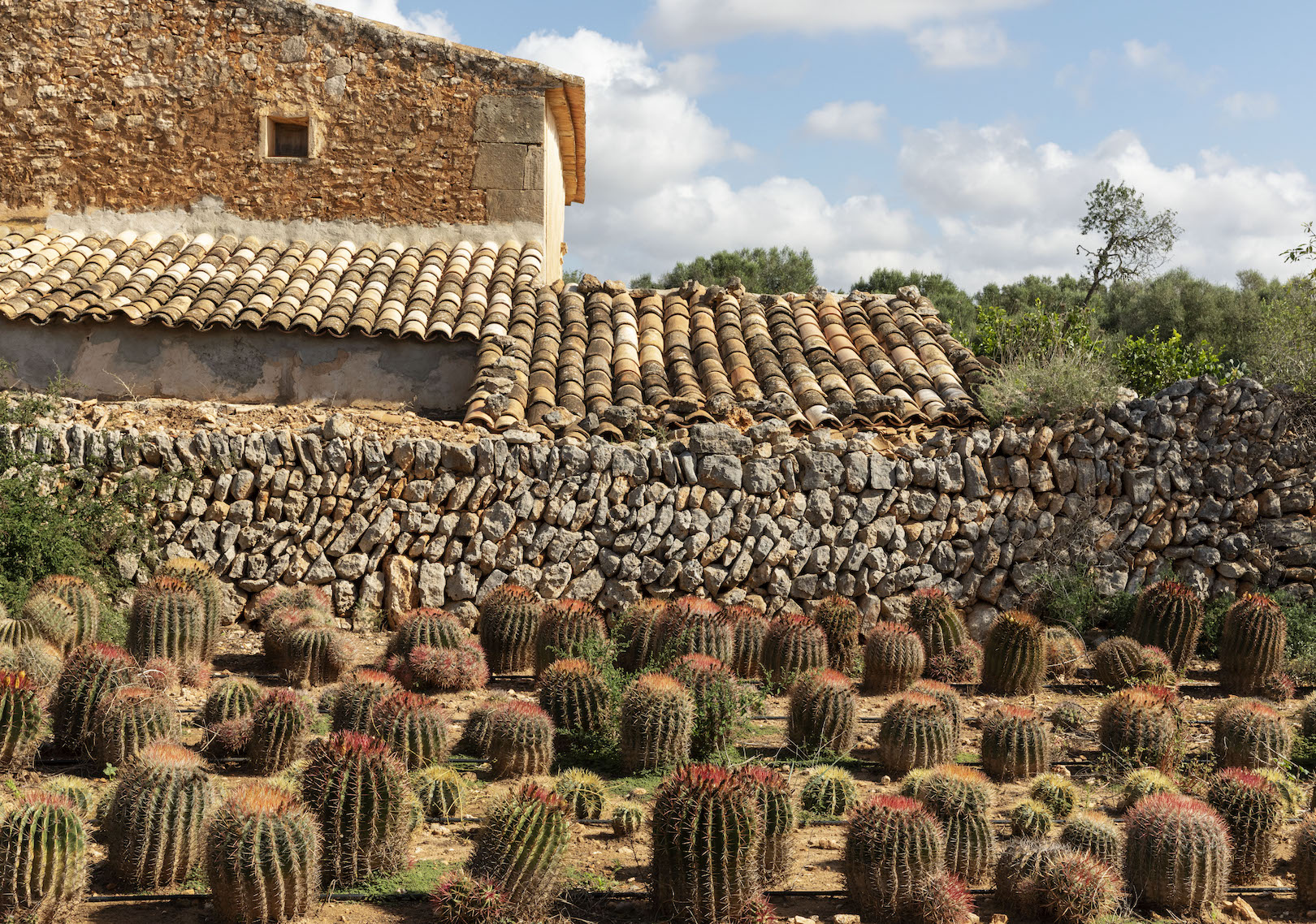
0 Comments